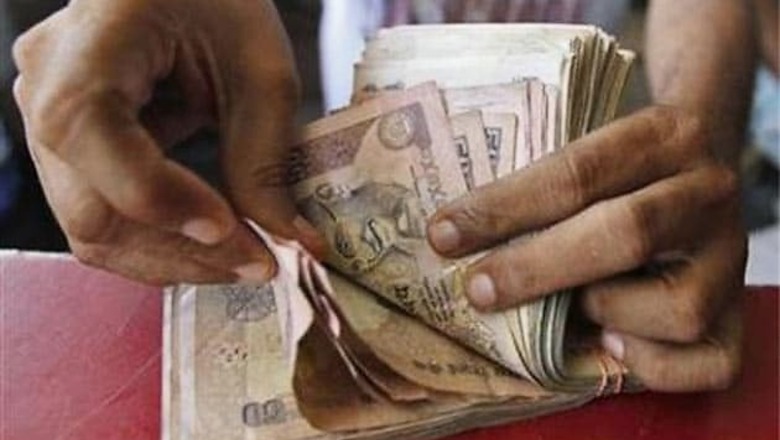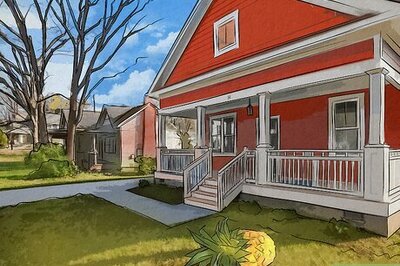
views
Mumbai: Even though the Reserve Bank of India has not yet declared a fresh rate cut, interest rates on retail loans including home, auto, education and personal loans are likely to moderate in the coming days. Some banks have already slashed their interest rates while others are planning to do the same. Borrowers, who are already burdened with the high rate of inflation, will now find some ease in interest repayments.
Reason: In his first meeting with banks' bosses, the new finance minister P Chidambaram asked bankers to reduce equated monthly installment (EMIs) on home loans and other retail credit including auto, education and personal. It is seen as a prescription to arrest economic slowdown in the country. Retail loan growth will translate into higher demand for corporate loans as companies invest in capacity to cater to rising consumption.
State-owned Central Bank of India has decided to reduce home loans by 10 basis points to 10.65 per cent (for loans in between Rs 30-75 lakh) and to 10.90 per cent (for above Rs 75 lakh). For loans upto Rs 30 lakh, it is available at 10.50 per cent, the bank's base rate. Similarly, the bank has reduced of 50-200 basis points in other forms of retail loans.
"When corporate credit is not picking much, it is better to focus on retail loans. Reduction in interest rates on retail loans will encourage people to spend. The purpose is to increase the number of loan accounts with higher volume. An expansion of retail loans will drive consumptions in the country. This in turn, will finally create room for corporate credit demand," said Ram Sangapure, general manager (retail), Central Bank of India.
Earlier in August, India's largest lender - the State Bank of India already brought down retail loans on accounts of home, auto and education by upto 50 bps. Recently, the State Bank of Bikaner and Jaipur (SBBJ), a listed entity associated with the SBI group, has cut retail loan rates by 50-75 bps. It is now offering home loans at 10.75 per cent irrespective of any loan amount or tenure while auto loans are in the range of 10.75-11 per cent. Moreover, online application will fetch additional relaxation of 25 bps for auto loans.
"Expanding retail credit is one way to revive the slowing down economy. This strategy works. In 2008, SBI group home loans were available at around 8.50 per cent. That finally led to higher demand for credit in the overall industry. We had of late, seen increased industrial activities," Shiva Kumar, managing director, SBBJ told moneycontrol.com.
However, banks are not changing their base rate or the minimum benchmark rate below which lenders are not allowed to lend. Rather, they are reducing the spread or the mark-up that is added on and above base rate to price a loan.
Some more banks including IDBI Bank, Punjab National Bank, Bank of India and others are likely to review interest rates on retail loans in their respective asset liability committee (ALCO) meetings.
According to R K Bansal, executive director, IDBI Bank, the benefits of retail loan growth are many. Non-performing assets are less in home loan segment. Retail loans give banks a scope of diversification that mitigates the risk of concentration. Moreover, it helps meet priority sector targets for a bank. Any home loan upto Rs 25 lakh is considered as priority sector loans that enjoy some interest subventions.
"A cut in retail loans depends on individual bank's cost of funds. We are considering a revision of interest rates on retail loans. Soon, we will take a final decision at our ALCO in this regard," he said.
Meanwhile, rate cutting will marginally impact banks' net interest margins (NIMs) as the share of retail loans in total credit book is generally lower than corporate loans. Moreover, yields on corporate loans on an average are higher than retail loans to the tune of 100-150 bps. These minimize the impact of rate cut on NIM.



















Comments
0 comment